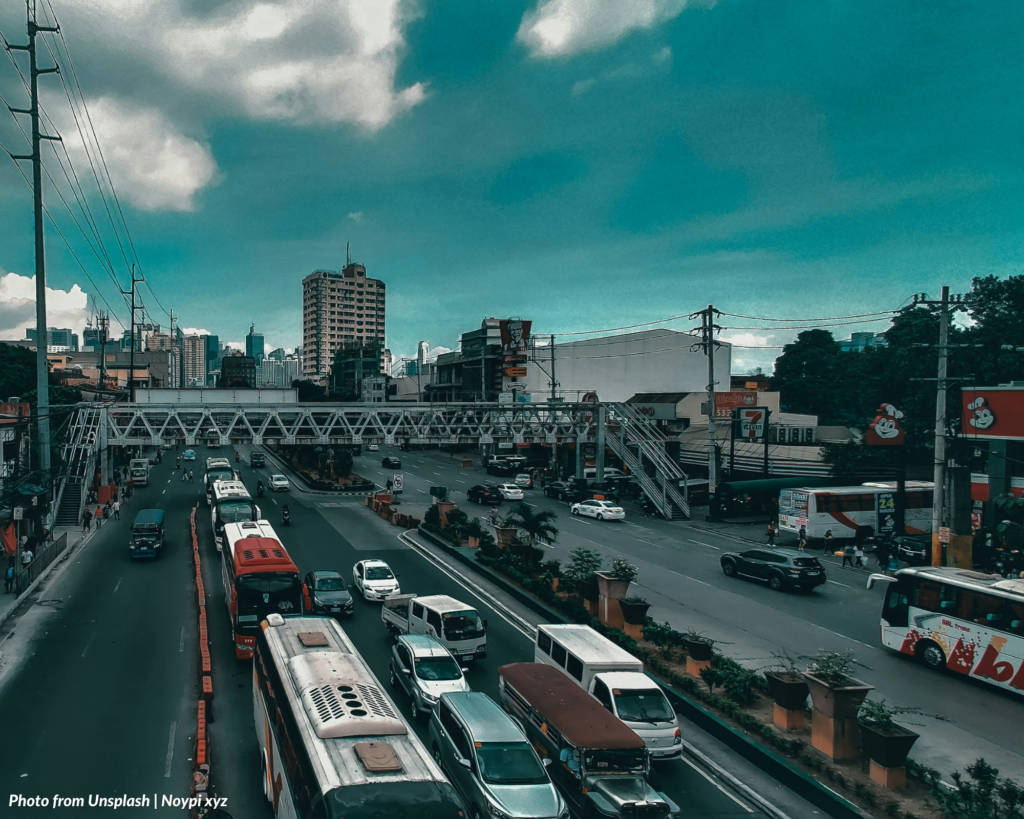
Photo from Unsplash | Noypi xyz
The following post does not create a lawyer-client relationship between Alburo Alburo and Associates Law Offices (or any of its lawyers) and the reader. It is still best for you to engage the services of a lawyer or you may directly contact and consult Alburo Alburo and Associates Law Offices to address your specific legal concerns, if there is any.
Also, the matters contained in the following were written in accordance with the law, rules, and jurisprudence prevailing at the time of writing and posting, and do not include any future developments on the subject matter under discussion.
AT A GLANCE:
Under Republic Act No. 7924 or the MMDA Law, traffic management and enforcement operation in Metropolitan Manila is lodged with the Metro Manila Development Authority (MMDA).
As such, Metro Manila LGUs are enjoined from (1) further issuing Ordinance Violation Receipts and (2) confiscating licenses through their own traffic enforcers, unless they are deputized by the MMDA.
In the case of Federation of Jeepney Operators and Drivers Association of the Philippines (FEJODAP), et al. v. Government of Manila, et. al. (G.R. No. 209479, July 11, 2023), the Supreme Court of the Philippines en banc enjoined Metro Manila local government units (LGUs) to stop their local traffic enforcers from issuing traffic violation tickets (ordinance violation receipts) and confiscating driver’s licenses of erring motorists.
Federation of Jeepney Operators and Drivers Association of the Philippines (FEJODAP) is an association of jeepney operators and drivers in Metro Manila. Along with other concerned groups of transport organizations, FEJODAP sought to nullify various ordinance violation receipt system of various LGUs in Metro Manila which authorize local traffic enforcers to do the following acts:
- Issuing ordinance violation receipts; and
- Confiscating driver’s licenses.
FEJODAP insists that while LGUs are authorized to issue ordinances to regulate traffic, this power does not include the foregoing acts. According to FEJODAP, the ordinance violation receipt provisions in various ordinances of the Metro Manila LGUs are invalid as they authorize local government traffic enforcers to issue ordinance violation receipts and confiscate driver’s licenses within their territorial jurisdictions.
The Supreme Court ruled that these ordinances of various Metro LGUs are invalid insofar as it violates Republic Act No. 7924 or the MMDA Law. According to the Supreme Court, the Metro Manila Development Authority (MMDA), which was created by virtue of R. A. No. 7924, is authorized to have all the rule-making powers related to traffic management in Metro Manila. MMDA has exclusive authority to enforce traffic laws, rules and regulations.
Section 20 of the MMDA Law provides:
“The Authority shall undertake transport and traffic management and enforcement operation in Metropolitan Manila in coordination with the Department of Transportation and Communications. It shall formulate a uniform set of rules and regulations for traffic in Metropolitan Manila and establish any regulation thereof, in coordination with DOTC and DPWH and in consultation with all other agencies concerned.
It shall deputize LGU traffic enforcers, duly licensed security guards, members of the Philippine National Police and non-governmental organizations and personnel of the national agencies concerned to implement a single ticketing system.
xxx” (Emphasis in original.)
The Supreme Court added:
“The LGUs in Metro Manila may participate in such functions only when their traffic enforcers are deputized by the MMDA, in consonance with Section 5(f) of the MMDA Law.”
While the Supreme Court acknowledges the autonomy of LGUs and its importance, it must be noted that it is a primordial duty of local government units to apply the law. Otherwise, its actions, however logical or wise, would result to an encroachment upon legislative prerogatives to define the wisdom of laws.
Applying the foregoing to the instant case, the Supreme Court is confident that the autonomy of the LGUs in Metro Manila will not be unduly undermined following this pronouncement since the Metro Manila Council, the governing board and policy-making body of the MMDA is practically composed of all the mayors of the sixteen (16) cities and one (1) municipality in Metro Manila, and presidents of Metro Manila Vice-Mayors League and Metro Manila Councilors League.
In conclusion, a permanent injunction is issued to enjoin Metro Manila LGUs from:
- Further issuing Ordinance Violation Receipts; and
- Confiscating licenses through their own traffic enforcers, unless they are deputized by the MMDA.
Related Article/s:
Alburo Alburo and Associates Law Offices specializes in business law and labor law consulting. For inquiries regarding taxation and taxpayer’s remedies, you may reach us at info@alburolaw.com, or dial us at (02)7745-4391/0917-5772207.
All rights reserved.

